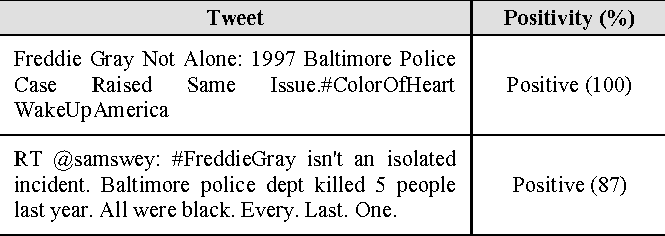I just googled “social media analytics tool”.
The search engine returned three million and one hundred seventy thousand results! Seven ads on the first page. One of them even from IBM!
Do you have time to go through tens of demos to understand which tools fit your requirement and budget?
Probably not. Or if you do, I am sure decision making won’t be easier.
I have used dozens of analytics tools. I wanted to share with you the key questions that you can ask the sales rep to make your decision easier and save your time.
I will assume basics here like you know want to use the tool for, what you want to achieve, and so on. And you also know how social analytics, social listening, and social monitoring are different. I will also not dwell on generalities like plans, pricing, solid analytics etc.
So having said that here are your three important questions.
‘This’ in this question, can be anything.
I was taking a demo from a reputed social media analytics tool which had offices on 5 continents and at least a score of countries. I will just write down the conversation for you word-by-word.
Sales rep: You can even see Reach of your pages and your competitors!
I: But API of Facebook or other major platforms don’t give Reach data. How are you getting this data?
Sales rep: If you post something on Facebook, all your followers will see it, isn’t it? And then when someone like your content or share it, all their followers will see it, isn’t it? That’s how we do it!
I: :rolls-eyes:
Asking this question also tells you when you should not pay heed to it.
For instance, we created a parameter called ‘Consistency’ taking inspiration from finance. You don’t want to buy shares that perform well only for the last six months in a year. Consistency builds trust. And so we have seen and observed while tracking over 6,000 social media profiles for over 1,500 companies!
‘Consistency’, as the name suggests, tells you how consistent you were over a period of time. But what if someone was consistently getting zero engagement. Well, that’s one limitation of the metric.
By asking this question, you are achieving three things:

I ask this question because every tool you’ll take the demo for, the sales rep will mention this feature. Anyways, most social media tools are using this “gimmick” to sell themselves. All in the name of AI.
Most sentimental analysis tools, obviously, have some drawbacks. We all know that. They miss context and are not as accurate as we want it to be.

I asked a similar question to a sales rep during a demo. And this is how the conversation went.
Sales rep: Our tool also tells you overall sentiment for your social media content.
I: That’s great! How does it do that?
Sales rep: It analyses each and every post and tells you the average.
I: No. I wanted to ask how it finds the sentiment of an individual post.
Sales rep: It analyses the words in the headline of your post.
I: :rolls-eyes:
I know for some of you this level of sentiment analysis will do. But for some of you, this might mean misleading your marketing team.
Asking this question will help you know how suitable a sentiment analysis feature is for your objectives.
The most ignored, but the most important one.
As a buyer, you’re also concerned with what you will get “in the tool” when you have entered your credit card details.
But what after that? What happens when you’re stuck? What happens when a new feature is added? Will you have to pay every time a new feature rolls in?
Mostly, social media analytics company have preferential customer support. That means, if you’re buying a higher plan or a yearly plan, you will get faster (and probably, better) customer service. It also means you might not be their priority if you have opted an initial plan. Adopting top plans also give you a dedicated manager
Did I miss something?
I think I did. But these are the best I could think of. If you feel there are more important questions, please write down your answers below. I will compile them in another blog post for all of you.

Copyright @VAIZLE 2026